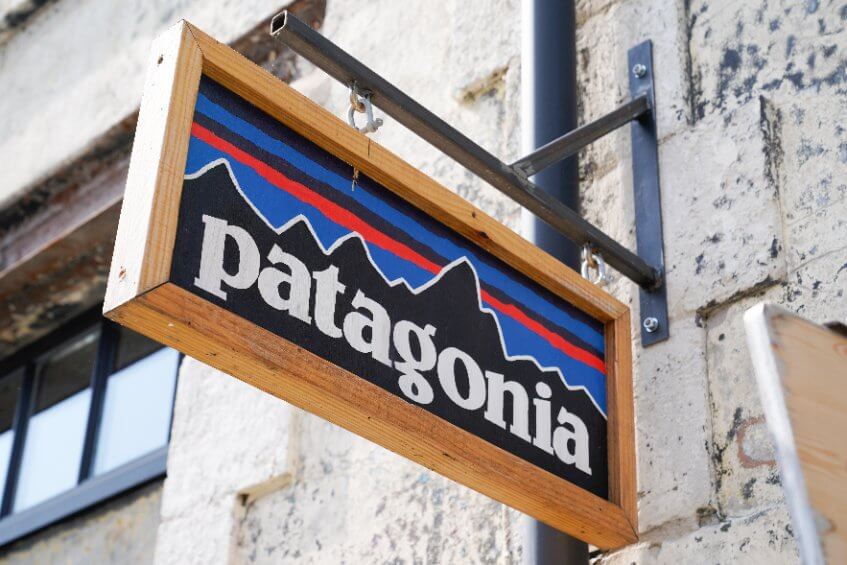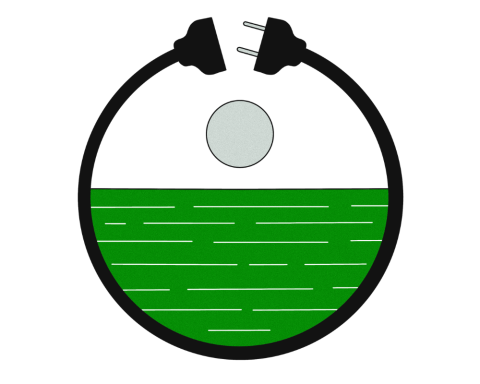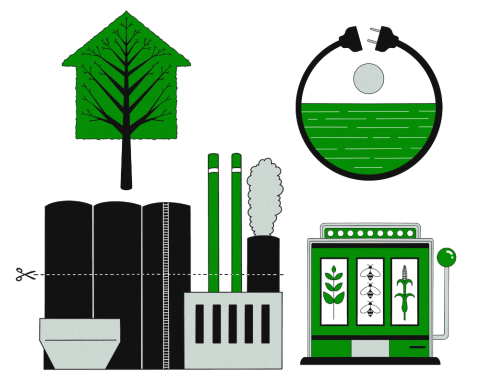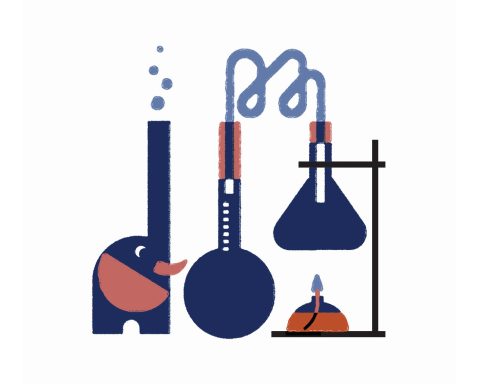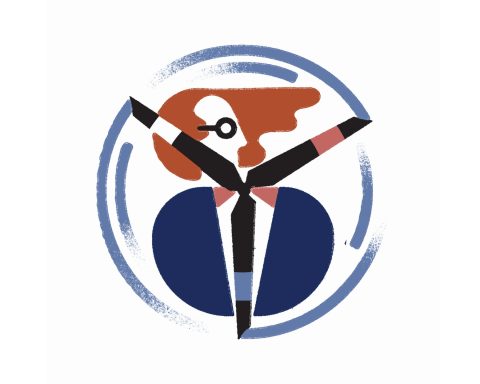Yvon Chouinard has had a 60-year love-hate relationship with business. So it came as no surprise to some when the founder of Patagonia and his family announced in early September that they would give the outdoor apparel brand to a trust and non-profit to fight the climate crisis.
While other business owners aren’t lining up just yet to donate their companies to noble causes, some say the move will, at the very least, push corporations to rethink how they engage with the planet. “We should all learn from this that it’s not enough to just be ‘worried’ about the environment, but that companies and the people who work in them should participate as actors in the care of the environment,” Fred de Gombert, CEO of Akeneo, a product information management firm, told MarketWatch.
Some are already following Patagonia’s lead in that respect. Faith In Nature, a British beauty company, announced last week that it has appointed a director on its board who will represent nature.
As for Chouinard, the 83-year-old billionaire will be sacrificing assets estimated at US$3 billion and profits of $100 million a year that will go to the trust and non-profit to fight climate change and lobby for environmental and social justice. Chouinard’s wife and children, who share Yvon’s distaste for massive wealth, were in on the deal and will oversee the trust.
“The Chouinards are renouncing their status as one of the wealthiest families in America,” said The New York Times – noting that “it felt like a very un-billionaire-like way to fight climate change.”
Chouinard has never accepted conventional labels, describing himself as a misfit, dirtbag, rebel and craftsman. When his Quebec-born father moved the family from Lewiston, Maine, a francophone border town, to Burbank, California, seven-year-old Yvon only spoke French. He avoided his schoolmates and found his home in nature. In high school, he learned to climb steep slopes to explore falcon aeries. Always, he says, “I remained at the edge of things.”
We should all learn from this that it’s not enough to just be ‘worried’ about the environment, but that companies and the people who work in them should participate as actors in the care of the environment.
-Fred de Gombert, CEO of Akeneo
As a young man he embraced the mountains, living rough in the woods of Yosemite and British Columbia while pioneering new climbing routes and techniques. At first, he funded his lifestyle by blacksmithing, forging his own axes and pitons (climbing spikes) in his parents’ backyard. “I never intended for this craft to become a business,” Chouinard wrote, “but every time my partner Tom Frost and I returned from the mountains, our heads were spinning with new ideas for improving the existing tools.”
On a 1968 road trip to the mountainous Patagonia region of southern Argentina, confined to an ice cave for weeks waiting for the weather to change, Chouinard resolved to launch a new retail brand to sell high-quality outdoor wear. Its innovations included better insulating and water-wicking materials to help explorers do more in the outdoors. The company (which topped Corporate Knights’ Green 50 ranking of corporate planet-friendly action in 2020) also adopted Chouinard’s counter-culture ethos, fighting to conserve local watersheds and promote more sustainable agriculture.
In 1986, Patagonia became the first major clothing brand to donate 10% of profits to grassroots eco-activists. Later it upped that ante, to 1% of sales, to providing more consistent support. In 2002, Chouinard formed “1% for the Planet” to encourage other companies to make the same pledge; it now has 4,800 business members in 60 countries, including 359 from Canada. “This is not philanthropy,” says Chouinard. “It’s paying rent for our use of the planet.”
Chouinard took that commitment a step further in his September announcement that “the earth is now our sole shareholder.” His family transferred all company voting stock (about 2% of overall shares) to the Patagonia Purpose Trust, which will ensure that Patagonia keeps operating according to its values of social responsibility. The Chouinard family donated the other 98% of Patagonia to the Holdfast Collective, a new non-profit that will receive any profits the company doesn’t need for internal use and decide how to invest it to combat climate change.
While critics noted that the deal enables the family to avoid paying hefty estate taxes, defenders said that since the sellers had accepted not one penny for their shares, no taxes were due. Chouinard insists the arrangement ensures that max profits go straight into social action – without being taxed first while passing through shareholders’ hands. It will also protect against what he sees as capitalism’s biggest flaw: the chance that future leaders would compromise Patagonia’s principles. Ultimately, he hopes his move will inspire others to take outrageous actions of their own.
But former NBC News anchor Tom Brokaw, a longtime climbing buddy of Chouinard’s, explained the manoeuvre best: “He knows his time is running out on his crusade to save the planet. He’s trying to do his part, and he’s impatient with the rest of us.”


